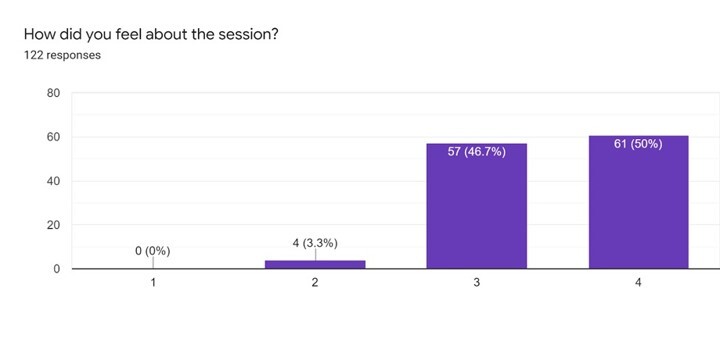- Home
- Our Learning
- Subjects
- Equality, Equity and Representation of D...
Equality, Equity and Representation of Diversity
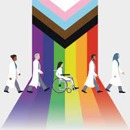 We have been working hard to redesign and develop our wider curriculum to be as representative of the world as we can. Our lessons celebrate diversity and promote acceptance and respect. Our curriculum allows our children to regularly learn about, and be inspired by, individuals of all abilities from all backgrounds, cultures, genders, sexualities, religions and ethnicities. It is really important for us as a school, that the celebration of differences is embedded in our lessons and discussed frequently at every opportunity possible throughout the year. Weaving diversity throughout our curriculum is an on-going project and something we all feel incredibly passionate about.
We have been working hard to redesign and develop our wider curriculum to be as representative of the world as we can. Our lessons celebrate diversity and promote acceptance and respect. Our curriculum allows our children to regularly learn about, and be inspired by, individuals of all abilities from all backgrounds, cultures, genders, sexualities, religions and ethnicities. It is really important for us as a school, that the celebration of differences is embedded in our lessons and discussed frequently at every opportunity possible throughout the year. Weaving diversity throughout our curriculum is an on-going project and something we all feel incredibly passionate about.
What do we mean by ‘diversity'?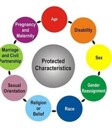
Being ‘diverse’ may mean different things to different people. Here at Gray’s Farm, we think about the 2010 Equality Act’s nine protected characteristics when striving to be as inclusive and representative as possible.
Want to know more about The Equality Act 2010? Check out this video for more information.
Who is involved?
We all are! We know that it takes the whole community to provide a truly inclusive curriculum and create well-rounded citizens so here at Gray’s we do what we can to ensure that we everyone is involved in helping to shape how diversity is weaved through our teaching. Here are some of the ways we try to get voices from all our shareholders.
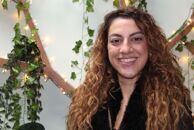
Our Representation and Diversity Lead: Mrs Gold, one of our assistant heads, is in charge of driving and monitoring our commitment to including representation of our community across the curriculum. If you have any questions, comments or suggestions on how we can make our offer even better, don’t hesitate to contact her to share your ideas.
Our Staff: We are proud to say that we have a staff truly committed to being inclusive and allowing our children the opportunity to experience learning that is representative of the world we live in. Staff at Gray’s Farm have training around equality, equity, diversity, unconscious bias and how we can make our children’s learning experiences inclusive and age appropriate.
Our Children: All of our children experience our diverse curriculum and can give their views via pupil voice, however some have even more involvement in implementing representation. Gray’s Farm’s Junior Leadership Team are given training sessions on how to promote respect in our school, including encouraging positive talk about themselves and others. They are taught how to constructively address issues they hear or encounter and when to seek support from adults.
How are we representing diversity at Gray’s?
Significant Individuals: We want to focus on how the persistence and determination of significant individuals, from all backgrounds, have positively influenced the world in which we live and celebrate their achievements and contributions. We have considered how we can represent a variety of people in all of our subjects.
Year 5’s science topic on Space is an example of how we have enhanced our curriculum. As children, our generation will likely know the names of Buzz Aldrin and Neil Armstrong who landed on the moon in 1969. These people are significant but we also need to celebrate the impact different females had on developments in space. Our curriculum now includes learning about the first woman to travel in space (a Russian lady called Valentina Tereshkova) and how three female African-American mathematicians (Katherine Jonson, Mary Jackson and Dorothy Vaughan) played a fundamental role in launching the first man into orbit.
We are dedicated to continuing to weave inspirational people into all areas of our curriculum. We are still in the early stages of embedding this into our curriculum but excited as the curriculum our children receive continues to evolve. If this is something you too are passionate about and would like to be involved with, please do contact a member of our Senior Leadership Team!
Challenging Stereotypes:
Stereotypes are generalizations about the personal attributes or characteristics of a group of people. For example: looking at two medical professionals and assuming a male is a doctor and not a nurse.
We want to make sure that we challenge these assumptions to broaden our children’s thinking!
Our teachers may use carefully chosen images, stories or activities throughout the curriculum to allow the chance to dispel stereotypes. They also allow children opportunities to give alternative ‘truths’. These are all based on what the teacher knows about their class and any stereotyping they may have picked up on.
Diverse Visuals:
Our teachers ensure that the visuals they choose are inclusive and diverse throughout the curriculum from specific topic studies which discuss stereotypes to the pictures we choose that go alongside our word problems in maths. It’s a simple thing but with mindful selection, our teachers are challenging stereotypes such as fixed gender roles like ‘builders are male’.
Varied visuals also give our children opportunities to raise and discuss ideas that are important to them. For example, when talking about families visuals might be used to allow our children to see different family dynamics including single parent families, adoptive families, families who have grandparents as the head, same sex parents and families without children. This allows our children to explore the world and ask questions in a safe space.
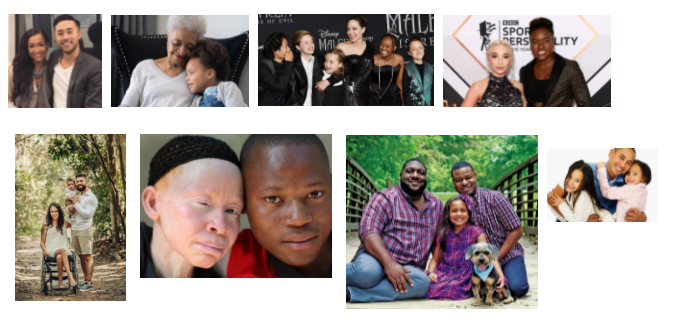
Diverse Texts:
It’s really important that children get to ‘see themselves’ in books, both fiction and non-fiction. Not only should they see themselves but they should also be given the opportunity to see a wide range of people in all sorts of roles including that of the main characters and authors so that they know what’s possible! That’s why Gray’s Farm has invested in buying new books that diversifies our library, book corners and chosen teaching texts to be more inclusive and challenge stereotypes. We also audit our chosen teaching texts to check that we have a range of representation in each year group.
Diversity Discussions:
KS2 also have Diversity Discussions which are child led to allow them to discuss issues that are important to them. 97% of our children either ‘enjoy’ or ‘really enjoy’ these sessions!
